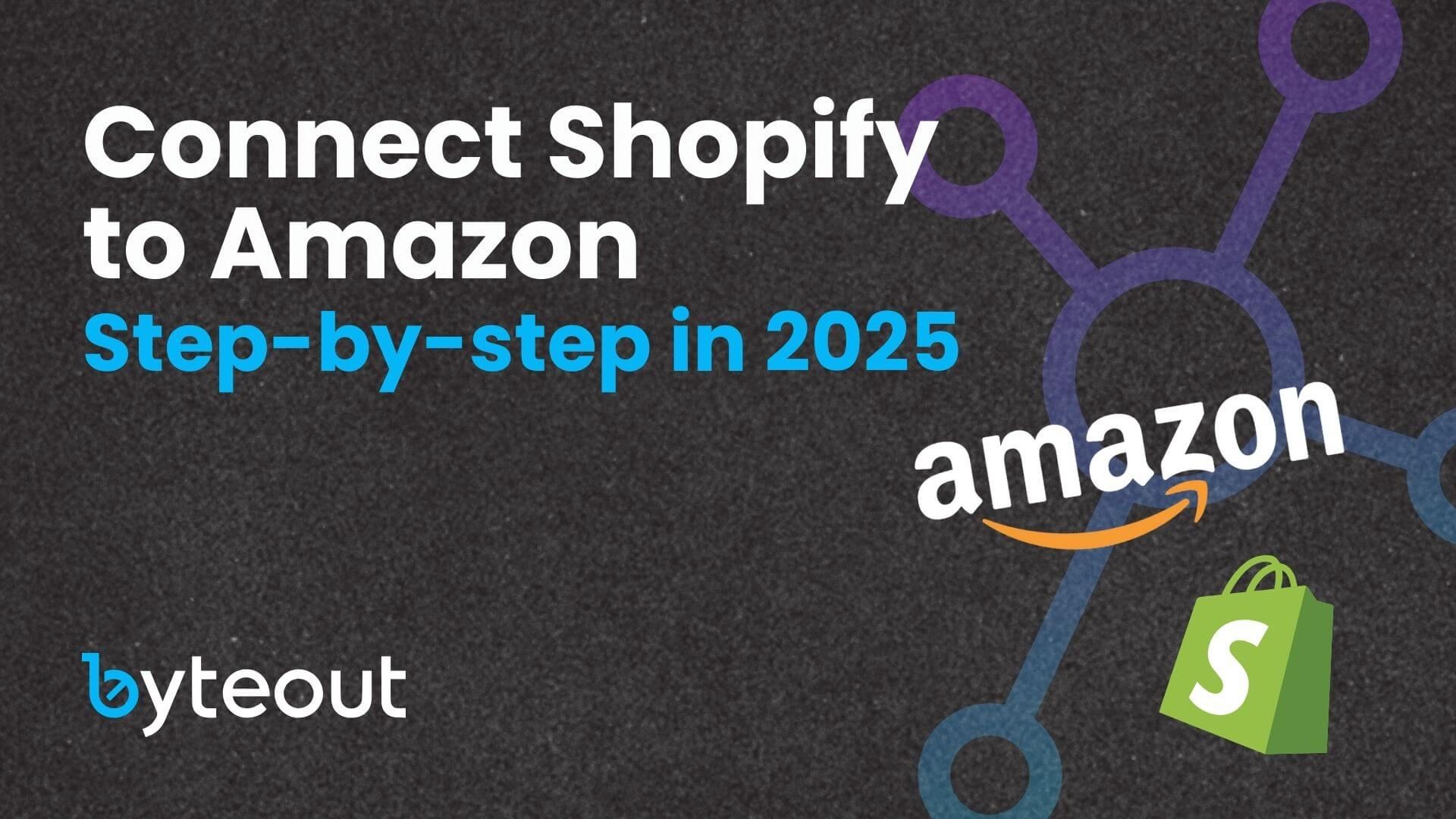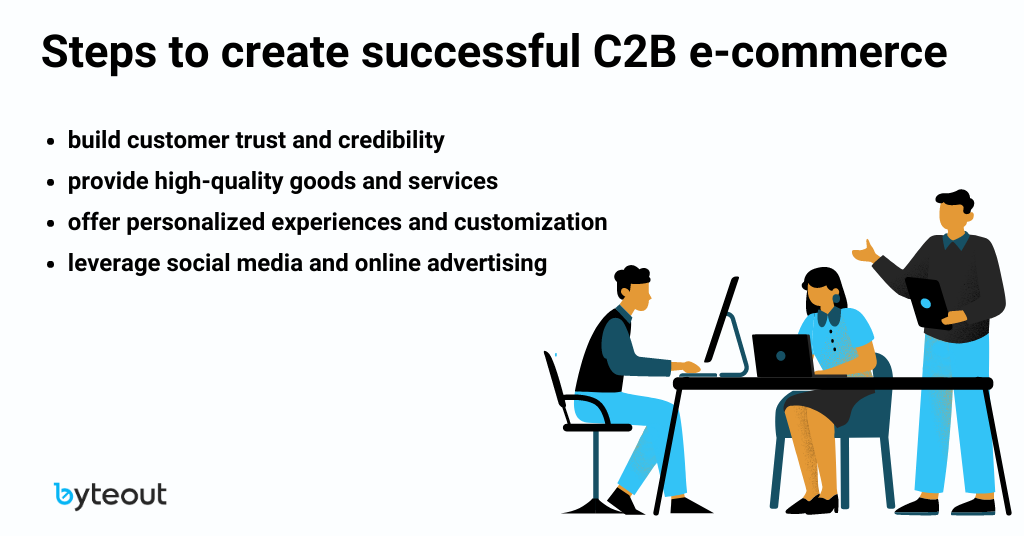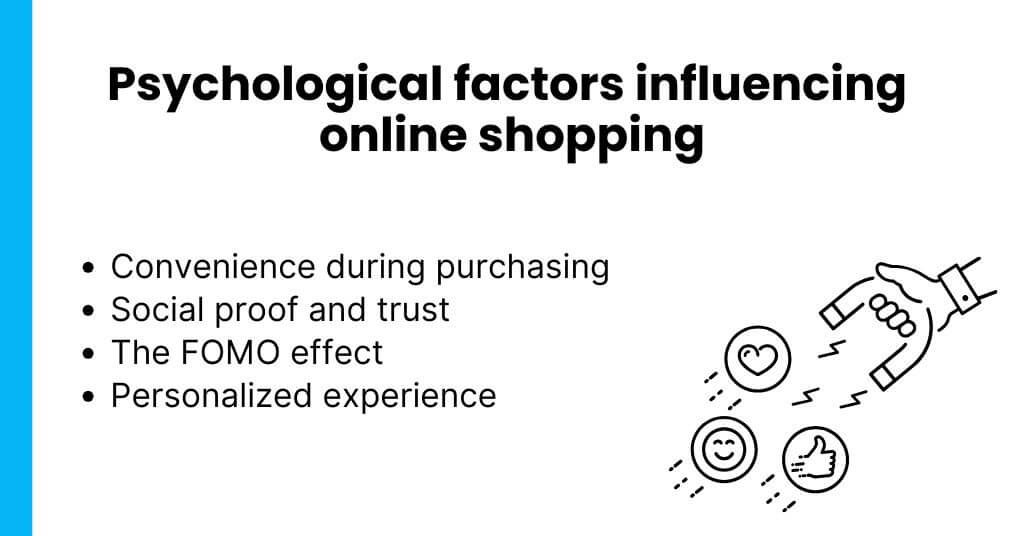You’re asleep… There’s a tiny voice reaching out and whispering: ‘Is WordPress good for ecommerce?’… And you realize you don’t know the answer!
With so many platforms out there, it makes sense why it’s hard to make a decision. You’ll probably try to get a recommendation, advice, or more information, but before that, it’s good to get some basic pros and cons for this matter.
Weighing the pros and cons
Let’s look at the good and the not-so-good of using WordPress for ecommerce. We’ll go through the key points to help you decide if it’s the right fit for your online store.
Pros
Flexibility. WordPress is super flexible. You can customize nearly everything. With over 55,000 plugins and themes, the possibilities are endless. WooCommerce, a popular ecommerce plugin, is widely used by online stores worldwide. In 2023, WooCommerce powered ~39% of all ecommerce stores.
User-friendliness. WordPress is easy to use. Even if you’re not a tech expert, you can navigate and manage through your ecommerce site. Adding new products, updating content, and dealing with orders is straightforward. Over 40% of all websites on the internet are built on WordPress, which shows how user-friendly it is.
SEO-friendliness. WordPress is great for SEO. Plugins like Yoast SEO, which has over 5 million active installations, help you optimize your content for search engines. This means more visibility, more traffic, and potentially – more sales.
Cost-effectiveness. For small businesses and startups, budget is always a concern. WordPress is a cost-effective solution. The core software is free and has many affordable themes and plugins. You can build a good-looking site without spending a fortune.
Cons
Security. While WordPress is generally secure, it’s a popular target for hackers. You’ll need to take extra steps to secure your site, like using security plugins and keeping everything updated. In 2019, 94% of all hacked websites were running WordPress.
Maintenance. To keep everything running smoothly, you’ll need to update plugins, themes, and the WordPress core. This can be time-consuming, especially if you’re not familiar with the process. That’s usually why you should hire a team to build and do maintenance on your webshop. Take a look at ours.
Scalability. WordPress might not be the best choice for large stores with thousands of products and heavy traffic. While it can handle moderate traffic well, scaling up can be challenging. Sites with over 100,000 monthly visitors should consider switching platforms to maintain performance.
Dependence. You’ll rely on plugins to get all the ecommerce functionality you need. While these plugins are powerful, they can sometimes conflict with each other or with your theme, causing issues that can be tricky to troubleshoot.
Other options besides WordPress
If you’re not using WordPress for your ecommerce site and choose not to, there are other great platforms.
Shopify is a popular choice for online stores because of its excellent features and apps. Magento offers robust capabilities for more prominent businesses needing advanced customization and scalability. BigCommerce is another excellent option, providing a range of built-in ecommerce tools without requiring additional plugins.
Each platform has its strengths, so choose one that best fits your business needs and goals. The worst answer you can get is ‘depends.’ But it really depends. Consult with ecommerce nerds for this.
So, is WordPress good for ecommerce?
The answer depends on your specific needs. WordPress can be a fantastic choice for businesses looking for a flexible, customizable, and cost-effective solution. It offers a user-friendly interface, strong SEO capabilities, and a supportive community.
However, if you’re a large enterprise with complex needs and high traffic, you might face challenges with scalability and maintenance. Security and regular updates are also something you’ll need to manage proactively.
Remember, what works for one business might not work for another. Take the time to evaluate your needs, and don’t hesitate to reach out for expert advice.







